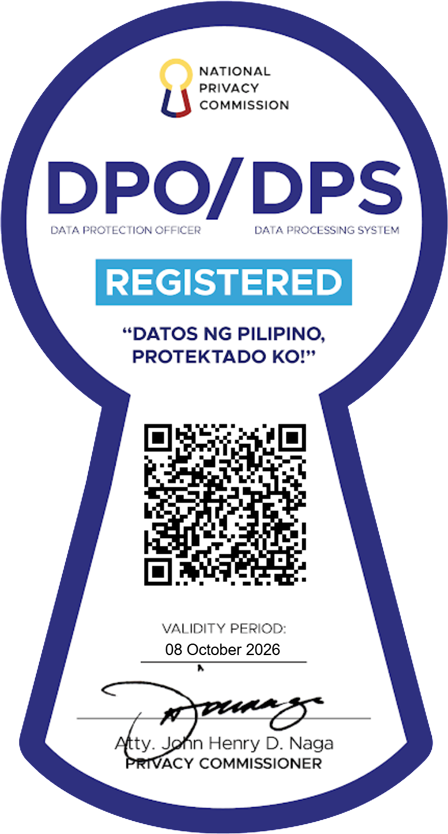What you eat doesn’t just fuel your body; it also plays a role in your sexual prowess. And when it comes to us men, that involves the health of our little swimmers. So, whether you’re on a mission to start a family or just want to keep your reproductive system in tip-top shape, it’s time to explore the fascinating connection between your diet and the well-being of your sperm.
Is there a connection between my sperm’s health and what I eat?
Believe it or not, what you choose to eat can significantly impact the health of your sperm. From the nutrients that support their development to the substances that can potentially harm them, your food choices create a profound connection with your reproductive health.
If you’ve ever wondered whether that burger or salad had any influence on your sperm, the answer is definitely yes!
What should I eat for better sperm health?
Including certain foods in your diet can provide essential nutrients that support sperm production, improve sperm quality, and enhance overall reproductive health.
Oysters
Known as a natural aphrodisiac, oysters are not just a romantic delicacy but also a fantastic source of zinc. Zinc is a crucial mineral for sperm production and motility. It helps maintain the integrity of sperm cells, ensuring they are robust and capable swimmers.
Dark Chocolate
Good news for chocolate lovers, especially those who prefer the darker variety. Dark chocolate contains high levels of antioxidants, such as flavonoids, which have been linked to increased sperm count and motility. Just be sure to choose chocolate with a high cocoa content for maximum benefits.
Spinach
This leafy green isn’t just a favorite of Popeye; it’s also a fertility-boosting powerhouse. Spinach is rich in folate, a B-vitamin that has been associated with a lower risk of sperm abnormalities.
Asparagus
Asparagus is not only a tasty addition to your plate but also a source of vitamin C, which plays a role in protecting sperm from oxidative damage. The antioxidants in asparagus may help enhance sperm viability and prevent potential DNA damage.
Fish
Fatty fish, such as salmon and sardines, are packed with omega-3 fatty acids. These essential fats contribute to sperm cell structure and function. Including fish in your diet can support overall reproductive health and increase the chances of producing high-quality sperm.
Avocados
Creamy and delicious, avocados are rich in monounsaturated fats, which are associated with healthy sperm development. The good fats in avocados support the production of hormones essential for reproductive health, making them a tasty addition to your fertility-friendly diet.
Coffee or Tea
Here’s something nice for those of you who need a daily caffeine fix: Your coffee or tea habit can be good for your sperm. Caffeine, found in coffee and tea, has been linked to improved sperm motility.
Furthermore, caffeine and certain types of tea such as ginseng tea and green tea, may contribute to increased testosterone levels, providing an extra boost to your reproductive health. However, it’s crucial to maintain moderation, as excessive caffeine intake can have adverse effects.
By incorporating these sperm-friendly foods into your meals, you’re not only indulging your taste buds but also nourishing your reproductive system for optimal sperm health.
What should I avoid?
What you exclude from your diet is just as important as what you include. Certain foods can harm sperm production and overall reproductive function. Here are some culprits to consider avoiding.
Processed Meats
As convenient as they may be, processed meats like bacon, sausages, and hotdogs are often high in saturated fats and preservatives. High intake of processed meats has been associated with lower sperm quality. Opting for leaner sources of protein such as fish, can be a healthier choice for your reproductive health.
Soy Products
While soy products are a popular plant-based protein source, they contain compounds called phytoestrogens, which mimic the effects of estrogen in the body. Excessive estrogen-like compounds may interfere with hormonal balance and potentially impact sperm production. Moderation is key, and if you’re concerned, consider diversifying your protein sources.
Trans Fats
Watch out for trans fats lurking in your diet, especially in foods containing partially hydrogenated oils. Hydrogenation is a process that turns liquid oils into solid fats, often found in products like margarine, baked goods, and fried food. Unfortunately, these transformed fats can be detrimental to sperm health. Trans fats have been associated with a decrease in sperm count and motility, impairing the little swimmers’ ability to reach their destination.
By being mindful of these dietary considerations, you can take proactive steps to safeguard your sperm health and contribute to your overall reproductive well-being.
Ensuring the health of your sperm begins with conscious choices in your diet. Remember, a sperm-friendly and nutrient-rich diet isn’t just beneficial for your body’s general health; it’s a key player in supporting robust sperm production and functionality. Your dietary decisions today could make a significant impact on the vitality of your little swimmers tomorrow!
Sources:
McDonald, MD, E. (2018, December 10). Diet and male fertility: Foods that affect sperm count. Diet and male fertility: Foods that affect sperm count – UChicago Medicine. Retrieved from
https://www.uchicagomedicine.org/forefront/health-and-wellness-articles/dont-make-the-mistake-of-letting-a-diet-kill-sperm
Parikh, Dr. F. (2023, July 6). 18 best foods to increase sperm count and motility. Fertiltree. Retrieved from
https://fertiltree.com/blogs/foods-to-increase-sperm-count/








